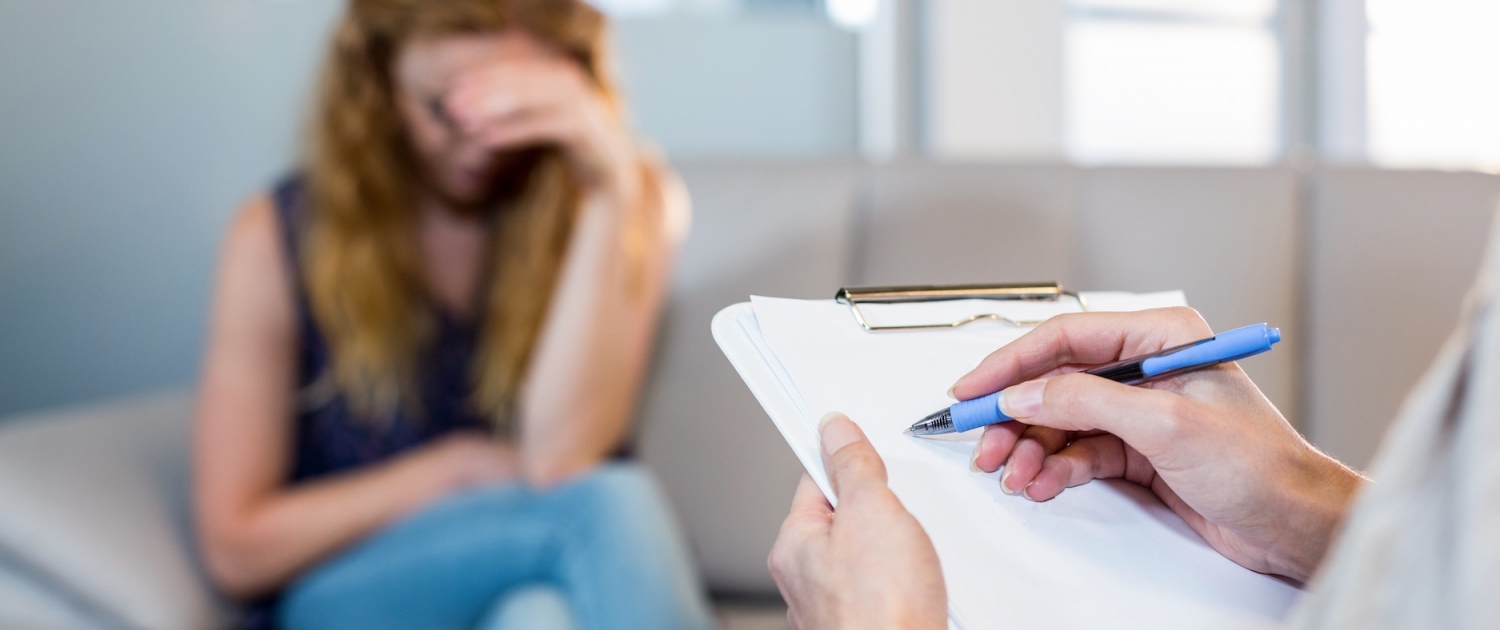Coping With Anxiety after Quarantine

The current quarantine, which was first thought to be one or two weeks of staying at home and a swift return to normalcy, has proven to extend beyond this point of return. Every person has been affected in some capacity as many people are experiencing the loss of loved ones, the loss of a job, or the loss of routines, while also having to develop new ways to live, work, and accomplish simple everyday tasks. Furthermore, as the economy begins to take steps to reopen, we will find ourselves in unprecedented social situations without any clear answers.
Even in normal circumstances, uncertainty and loss are hard to digest and manage. Now take those typical experiences and compound that with the unusual, ambiguous, global nature of this pandemic— it would be hard not to feel some anxiety. It is important to understand you are not alone in your feelings and it is normal to feel anxious. While no one has a magic remedy to the challenges that lay ahead, psychologists are sharing their advice on how to navigate our new normal and strategies to cope with the emerging fears and anxieties that might come with it:
Exposure and Response Strategy
A fact of our new normal is that without a vaccine, there will be an inevitable amount of risk that will come with socializing. The fears we feel are our emotional response to the uncertainty; we feel anxious about the risk, which causes us to feel more anxious because our emotional response interprets the anxiety as us being in some kind of danger. A strategy psychologists use to break this type of self-feeding loop is exposure and response therapy. This method involves exposing the subject to their fear and practicing how to recognize and label the emotions that are evoked. The process of labeling helps create detachment from feelings of danger and thus helps break the loop. So as you go back out into the world, make a mental note when you catch yourself having anxious thoughts and label it. In this way, you take away the power your anxiety holds over you.
Practice Mindfulness
As simple as it may seem, mindfulness can make a significant difference in our mental health during trying times. Meditation, gratitude journaling or yoga are all healthy activities that cultivate being present and improve our mental health. We can also be mindful of the activities we engage in to cope and limit ones that may be harmful in the long run, such as news and media consumption or alcohol, tobacco and other drug consumption.
Stay Connected and Keep Engaged
Despite the need to be apart, we don’t have to be alone. It’s important to maintain social connections and with technology, there are many creative ways we can do that from a distance. You can organize a Zoom or FaceTime with friends and family, play virtual party games, or host a virtual book club— you name it! When you are having “you time”, keep yourself engaged with your favorite hobbies or try some new ones.
Take Action
As we come out of this quarantine, returning to our old work and social environments, it provides an opportunity for reflection and a chance to make changes for the better. Yes, much of this pandemic has been scary and negative, but perhaps there were positive things that came out of quarantine that you can continue to practice as you reintegrate into the outside world. This could be anywhere from spending more time with family, maintaining a healthy sleep schedule, or keeping more business meetings virtual.
*Source: https://apple.news/AvTxq_27sQpu4Ysq1-afGNA
At Pathways Neuropsychology Associates, we are committed to helping you successfully transition out of this quarantine.
Please call us at 732-930-2242 to set up an appointment with one of our expert therapists. We are now able to treat via teletherapy.



